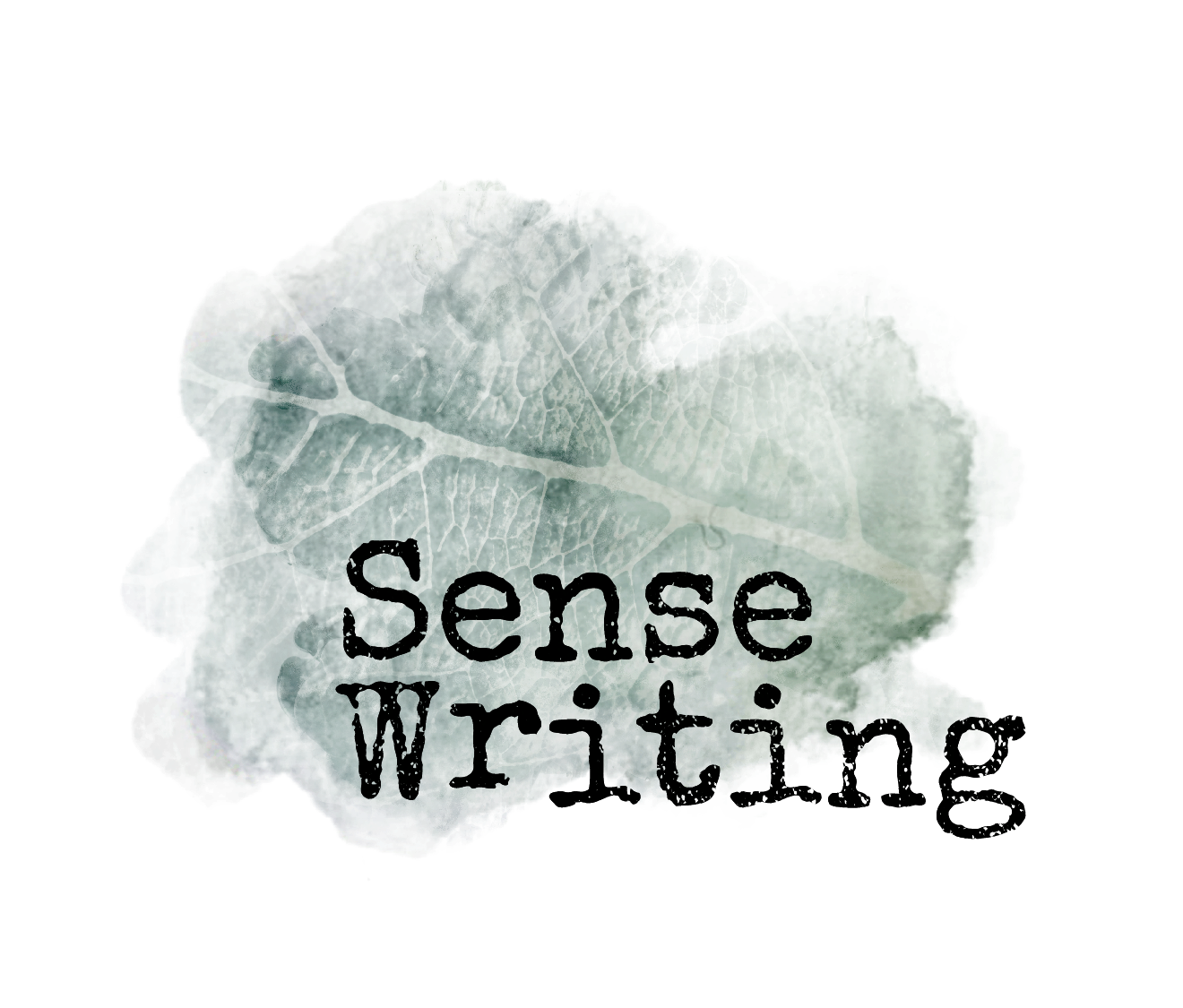No. 4 : Naughty by Human Nature
I know my heart will never be strong as theirs and my senses never as clear. But for a moment my neurons get to mirror them, and for a moment I get to be much more than I actually am. I raise the mug to take a sip. It’s when I burn my tongue that I realize: I’m just sitting on a chair.
It was a Saturday afternoon. We were exhausted of and from each other. The room was full of anxiety. I guess it was a normal thing to feel if you were living in a new country, had secretly moved in with your also nineteen year old boyfriend and were supporting both financially with the money your parents sent you to pay for school and cover life expenses for one.
The light changes and off you fly, my body is still in yours. Knee touches knee, helmet cheek on helmet head. We’ve barely met. You pick me up from the station. We throw my weekend bag in the apartment. “Do you want to watch the recommended French movie?” you ask. I hesitate, “Yes!”
He came back to bed, bringing one glass of water for the both of them. She took it, quickly sipping a bit. She had no idea what she was supposed to say. She had no idea how she was supposed to feel. But the water was cold, and asked for nothing in return.
Share your story!
Popcorn is a bimonthly zine. We accept any and all submissions from current and former Sense Writing students. Story length should be 1000 words or less, and inspired through the Sense Writing practice. While every submission will not necessarily be featured in the upcoming edition, we are committed to featuring everyone's work eventually.
Edited by Hannah Sparks




There seems to be a very deniable appeal to romance novels. Although romance is the best-selling genre of paperback book sales, topping a billion in sales annually on average, most romance readers squirrel away their desires, relegating their books to the bedside table. But can we blame readers for keeping their book affairs quiet?
Granted, a majority of romance readers could be your sister, mom, or grandmother (thus some of the last people you prefer to imagine reading Fifty Shades of Gray). Nielsen estimated in 2015 that 82% of romance book buyers are women, between the ages of 30 and 54. I think it’s also notable that—according to the Romance Writers of America website—the most popular way romance readers share what they are reading is in-person, conversations with a friend or family member, instead of, say, sharing or “Liking” the book on social media.
Unsurprisingly, one of the most popular subgenres of romance is the “secret lovers” trope. We live in a society that confoundingly glorifies sexual imagery while vilifying its language in the mainstream. Even ads for something as clinical as contraception are written almost entirely in innuendo, as if we can’t talk about sex without a snicker. Is it fair to say then that words are more dangerous than picture? Well, I’m certainly not going to attempt to answer that here.
Sense Writing helps to create and strengthen channels in our nervous system, allowing us as writers to sense the world more deeply, and interpret it more clearly. As we exercise these neuronal pathways, we train ourselves to experience the world with increasingly lucidity, and, furthermore, making those connections between the physical and emotional. Sexual experience is seldom unchained by emotion, and the stories selected for this issue are just a few examples of how the psychosexual is interpreted in writing.
Shannon Lior’s “Ride” reminds us there’s really nothing like young love, but the memory endures into old age. In this fond recollection, there’s a subliminal notion that there’s something equally special in being able to share that memory with your lover for years to come. On the other hand, Mateo Lynch Gil shows us how relationships, sexual or not, are always evolving. His story “Neverland Smile” is a snapshot of a romantic relationship between two young men, who once let their lives be ruled by it, and now sit spectator as love carries on without them.
Often the physical entanglement is fleeting, or can only be anticipated, never taking place. The title "Salvation," by Collier Lumpkin, suggests that such an encounter can have an everlasting impact. Sometimes, though, just a little is just enough, as in Hannah Mann's "The Stud Farm." She writes, "Though our skins never touch, I feel our souls holding hands." The question remains, are there any regrets?